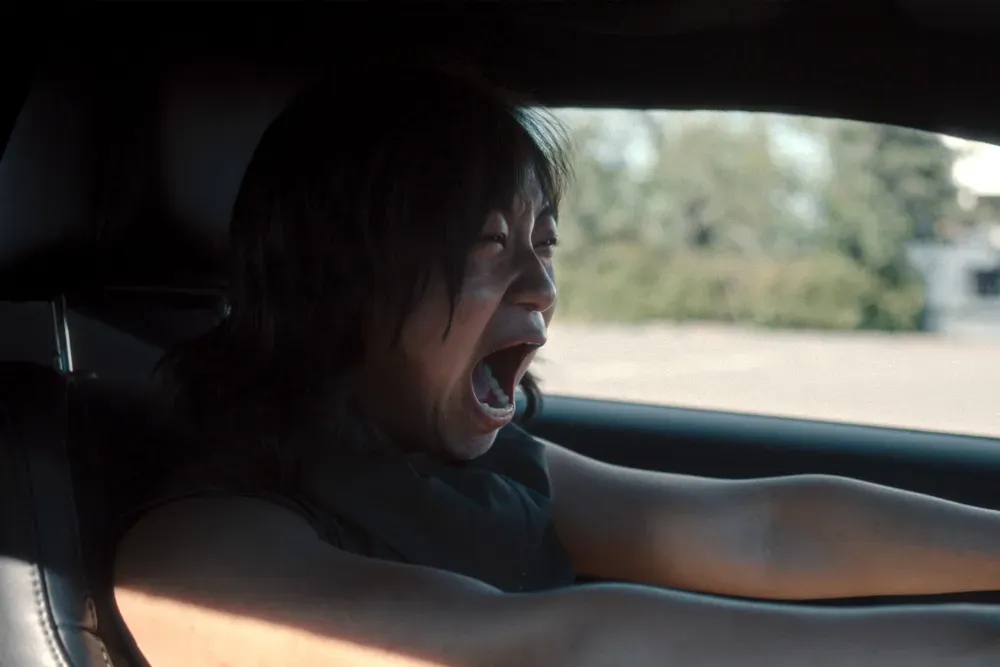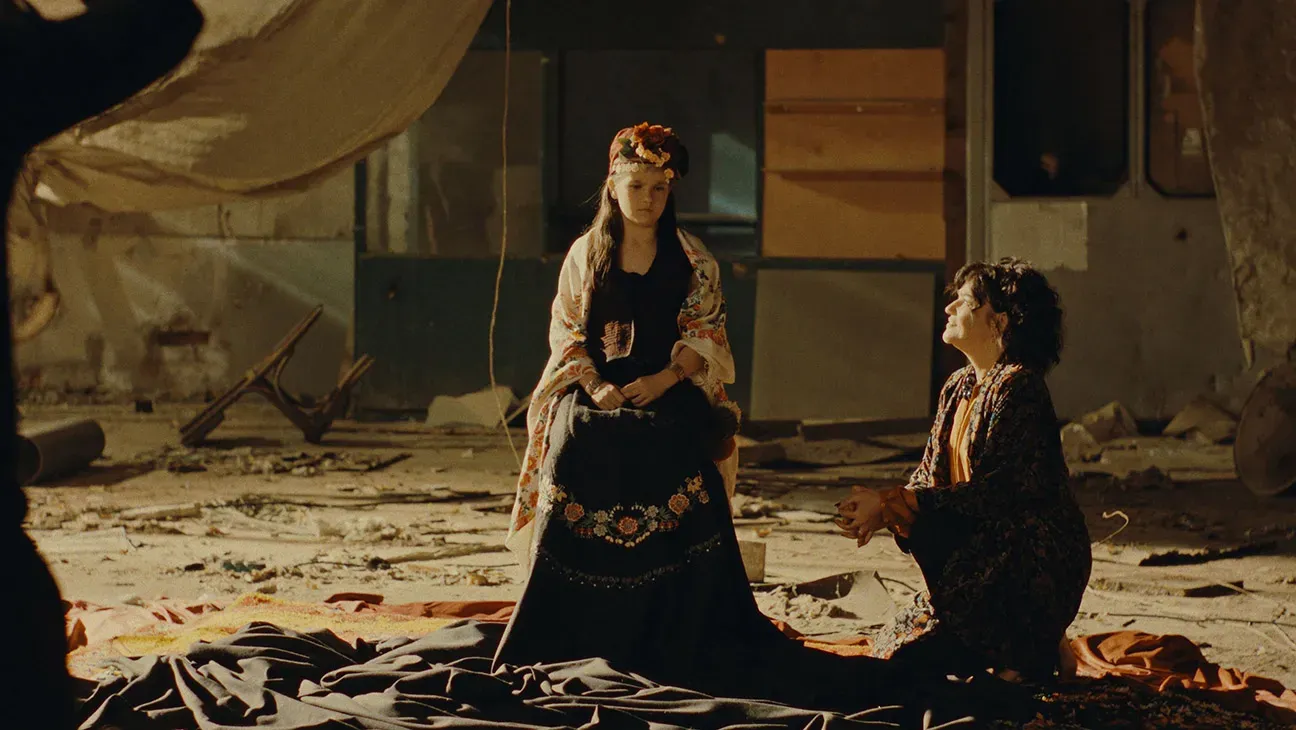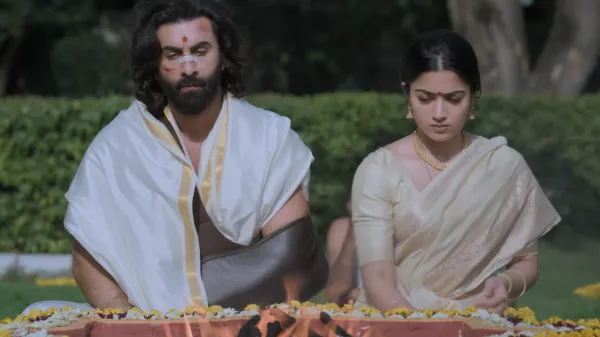
'Abraham’s Boys: A Dracula Story'; A Glimpse into Van Helsing's Family Drama
- Jul 14, 2025
In "Abraham’s Boys: A Dracula Story," directed and written by Natasha Kermani, the narrative unfolds as a family drama centered around Abraham Van Helsing (played by Titus Welliver). This character, renowned for his fight against Dracula, now leads a somewhat tranquil life in the American West, years after the original novel ends.
The film, set to release in select theaters on July 11 by RLJE Films and Shudder, explores the tight-knit relationship between Abraham and his two sons, Max (Brady Hepner), and Rudy (Judah Mackey). Raising questions around Abraham’s sanity, the storyline is pulse-raising as he warns his sons about the powerful return of Dracula through his wife, Mina (Jocelin Donahue).
Kermani's feature draws inspiration from a short story of the same name by Joe Hill, a simple tale of confrontation between a father and his son. "We are drawn to the beauty in its simplicity and felt it would lend itself to a feature film. Plus, there’s the allure of playing in the sandbox of Dracula. What film-maker can resist that?” Kermani says.
Significantly, the film showcases an oppressively bright environment, a departure from the darkness usually associated with Dracula's storylines. Besides shifting from conventional horror story visuals, Kermani explains that the persistent daylight of the American Western setting introduces a subversive element to the vampire trope.

In doing so, it changes the narrative, suggesting that the apparent safety of daylight may not be what it seems. The director adds, “Through oppressive, sun-soaked, expansive environments, we aim to question assumed safety and the real identity of monsters.”
Welliver’s grounded portrayal of Van Helsing is lauded by Kermani. She appreciates his portrayal of a complex character who transitions from being stern and controlled, to showcasing simmering, sinister emotions.
The director also hints at potential future story development in the "Abraham’s Boys" world, which explores generational cycles and the stories we create about ourselves. This take on Dracula's narrative and the historical backdrop of America entering World War I, according to Kermani, provides ample opportunity for further tales.







